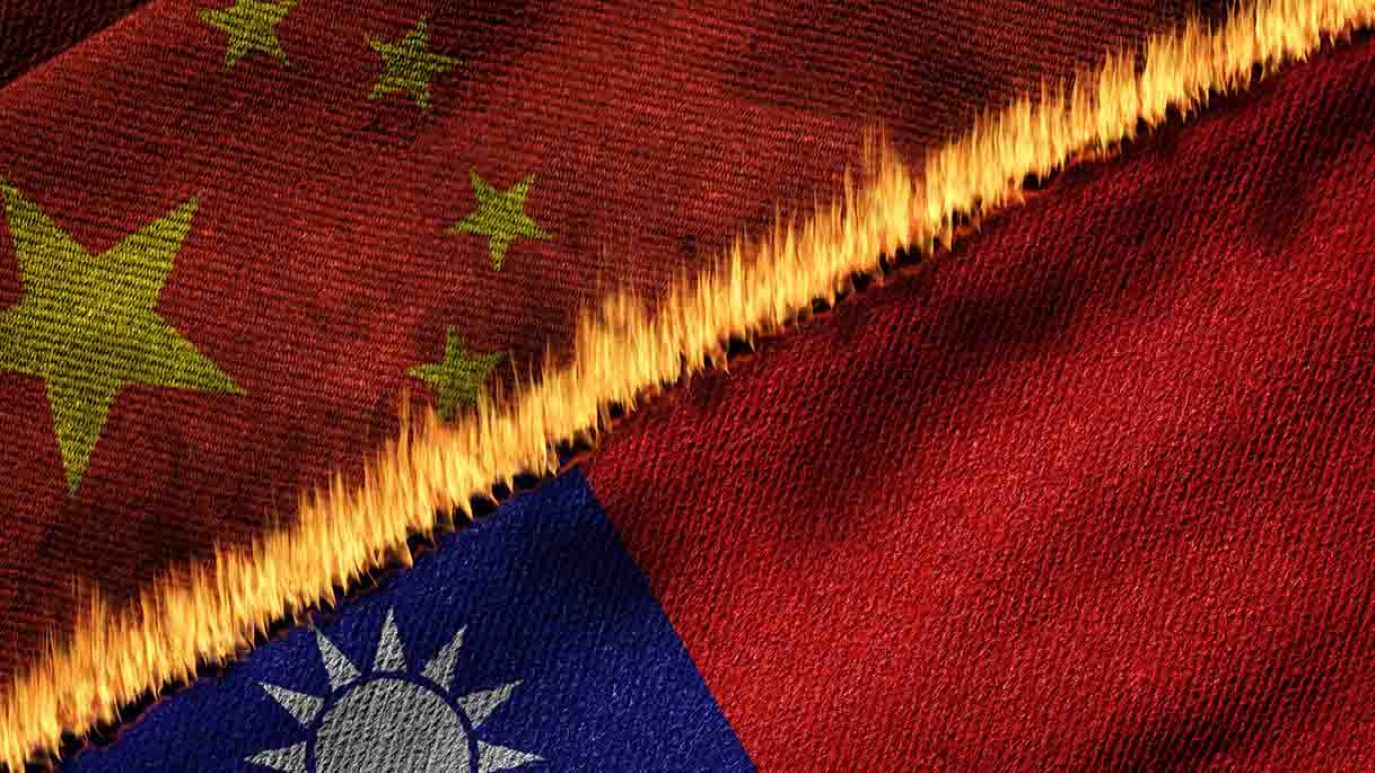Pamir Strategic Insights Issue 3: China condemns Taiwan's Presidential Election results

Beijing’s disinformation campaigns combined with economic and military pressure failed to influence the outcome of Taiwan’s presidential election in favor of the opposition Kuomintang (KMT) party. The victory of William Lai (LAI Ching-te), the Democratic Progressive Party (DPP) candidate, disappointed and humiliated Beijing as Taiwan voters defied the mainland’s warnings. Beijing had named Lai a “dangerous die-hard separatist.”
- China’s Taiwan Affairs Office issued a statement, saying: “The DPP does not represent mainstream public opinion on the island” and the “election will not change the basic landscape and development of cross-Strait relations…and will not impede the inevitable trend of China’s reunification.” It reiterated that China “will firmly oppose separatist activities aimed at Taiwan independence as well as foreign interference.”
- China’s Ministry of Foreign Affairs called on the international community to adhere to the One China principle. Foreign Minister WANG Yi stressed that “Taiwan has not been a country and will never be one in the future… Taiwan independence is a dead-end path and will seriously upset peace and stability across the Taiwan Strait.”
- On 14 January China’s state TV network reminded that a military solution to the Taiwan issue is an option by airing a program about a naval exercise in the Taiwan Strait.
- Chinese social media exploded with angry reactions to the result of the Taiwan presidential election; the government did not suppress the ultranationalist postings.
Beijing is expected to take a more hostile approach towards Taiwan when the new administration takes office:
- No Dialogue. Beijing reiterated that any dialogue with Taipei can only happen based on the “1992 Consensus” that embodies the One China principle, which Lai has repeatedly rejected.
- More Economic Pressure. Beijing may terminate the Economic Cooperation Framework Agreement (ECFA) with Taiwan that voices within China see as benefitting the DPP and facilitating US arms purchases.
- Intensified Military Activities. Beijing is under pressure domestically to act on its warnings that “reelection of the DPP means war” and to vent public anger over the DPP victory. Military tensions in the Strait remain high, and Beijing’s military actions there could inadvertently veer into conflict.
- Further Isolate Taiwan. Beijing will likely court Taiwan’s remaining 13 diplomatic partners and limit Taiwan’s representation in international organizations.
China’s Calculus: Bide Time, Build Up Military
Pamir assesses that China will not take large-scale military actions against Taiwan in the coming months. Beijing wants to decide the timetable and battlefield for any use of force and will continue its current approach of “applying pressure for negotiations to achieve unification.” The following factors influence Beijing’s current approach:
- Taiwan’s political landscape has not generated political necessity for Beijing to launch an invasion. During the campaign, Lai moderated his policy on cross-Strait relations and is not expected to take any dramatic actions on statehood. Lai’s administration also is handicapped by its minority in the legislature and by the US, which would oppose any dramatic pro-independence actions.
- The current geopolitical situation, particularly the US position on Taiwan independence, has not cornered the Chinese leadership into launching an invasion. No other key events will likely incentivize China to move on Taiwan as a war of opportunity.
- Taiwan does not top the agenda for China’s leadership. President Xi Jinping has emphasized that China’s top priority is still economic recovery and development. Moreover, the economic situation inside China has not deteriorated to the point that the leadership would need the Taiwan issue to divert national attention, as had happened in 1962 (border war with India after China’s famine), 1969 (border war with the USSR during China’s Cultural Revolution), and 1979 (border war with Vietnam immediately at the end of the Cultural Revolution when China’s economy was on the brink of collapse).
- Beijing still needs time to build up its military capabilities in anticipation of direct confrontation with the US and its allies.
- Beijing has non-military “grey zone” tactics to confine Taiwan’s ambitions: cyberattacks, trade, disinformation, and harassment.
Taiwan’s presidential election outcome further dashed Beijing’s hopes for peaceful unification. Not only the DPP, but the KMT and TPP candidates also ruled out the possibility of unification talks. Pamir assesses that Beijing’s timetable for a military solution to unification will be determined by Taiwan’s domestic developments, US-China strategic competition, and, more importantly, China’s domestic challenges. Read more in Pamir Strategic Insights issue 4.
China’s 5G influence in developing economies
China’s Belt and Road Initiative and its digital counterpart, the Digital Silk Road, threaten to displace US telecom and tech companies in developing economies in Africa, Latin America and the Middle East. How can US operators and network providers stand up to the challenge?